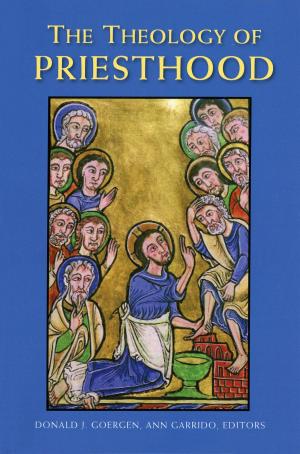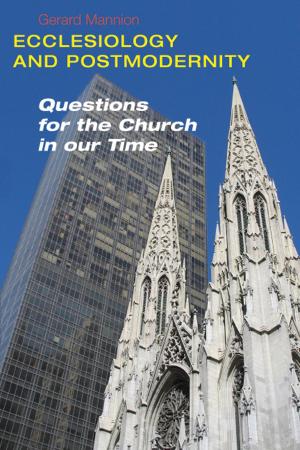The Limits of Hospitality
Nonfiction, Religion & Spirituality, Christianity, Denominations, Catholic, Catholicism| Author: | Jessica Wrobleski | ISBN: | 9780814659984 |
| Publisher: | Liturgical Press | Publication: | April 1, 2012 |
| Imprint: | Michael Glazier | Language: | English |
| Author: | Jessica Wrobleski |
| ISBN: | 9780814659984 |
| Publisher: | Liturgical Press |
| Publication: | April 1, 2012 |
| Imprint: | Michael Glazier |
| Language: | English |
Practicing hospitality is central to building a civil society, not to mention living a Christian life. It can be enriching and joy-filled, but it can also be profoundly demanding and sometimes even dangerous. In The Limits of Hospitality, Jessica Wrobleski explores the ethical questions surrounding the practice of hospitality, particularly hospitality that is informed by Christian theological commitments.
While there is no algorithm that distinguishes between ethically 'legitimate"' and 'illegitimate' boundaries, the variety of circumstances in which hospitality is relevant and the nature of hospitality itself make advocating firm and fixed boundaries difficult. How much more so for Christians, for whom the practice of hospitality should be a manifestation of agape, a participation in God's eschatological welcome extended to all people through Jesus Christ!
Are limits to hospitality, then, merely a regrettable concession to our finite and fallen condition? Wrobleski offers a rich theological reflection that will interest anyone who has a role in the practice of hospitality in community? Whether such communities are families, households, churches, educational institutions, or nation-states.
Practicing hospitality is central to building a civil society, not to mention living a Christian life. It can be enriching and joy-filled, but it can also be profoundly demanding and sometimes even dangerous. In The Limits of Hospitality, Jessica Wrobleski explores the ethical questions surrounding the practice of hospitality, particularly hospitality that is informed by Christian theological commitments.
While there is no algorithm that distinguishes between ethically 'legitimate"' and 'illegitimate' boundaries, the variety of circumstances in which hospitality is relevant and the nature of hospitality itself make advocating firm and fixed boundaries difficult. How much more so for Christians, for whom the practice of hospitality should be a manifestation of agape, a participation in God's eschatological welcome extended to all people through Jesus Christ!
Are limits to hospitality, then, merely a regrettable concession to our finite and fallen condition? Wrobleski offers a rich theological reflection that will interest anyone who has a role in the practice of hospitality in community? Whether such communities are families, households, churches, educational institutions, or nation-states.















